San Juancito, Bolivia – Not a single piranha that day. Not even a bite. So, I was happily distracted from my piscatorial misfortune by friends asking, “José, how’s your family in Mississippi?” You see, despite the confusion about my name, everyone in this indigenous Chiquitano village in lowland Bolivia knew Mississippi was home.
“Shane” had immediately proven an impossible utterance. “Sheit!” That was as close as we came, and with each passing day the “e” lost a little of itself to the “i.” Several weeks of smiling retreats to the safety of my mosquito net left my ego sullied and I knew I had to change my name. But how? I certainly understood good intentions gone wild.
“Seat yourself,” I once tried to say while offering a chair to a lady, but the all too familiar hoots and cackles betrayed the translation: “Feel yourself.” Confusing sentar with sentir, I told her to feel herself – over a plate of guinea pig and rice, no less.
I abandoned “Shane” for “José” in honor of the legions of Bolivians named for Mary, Joseph, and others of that cohort. And later, proud of my developing linguistic wit, I began introducing myself as “José, fin del pueblo,” convinced I had decoded “Townsend” into “at the end of town.” After about a year of crinkle-eyed introductions, a friend explained that I was calling myself something akin to “Joseph, end of the people.” I could just imagine the fun people had with that one: “That’s Joseph who will bring the end of the people,” or “That’s Joseph whose family has brought the end of another people and that’s why he’s homeless and here with us, garbled Spanish and melanin-deficient glory shining in the moonlight.”
“Mississippi” is a word in Quechua, that much was agreed. The exact translation, though, was difficult, as it always is when Spanish is the second language of all involved and you still don’t speak well enough to ask for toilet paper without the assurance of a wiping gesture. “Kill the cat,” some laughed. “Hang the cat,” said others, chuckling a more specific interpretation. I was happy not to translate it.
More Like This
Dead cat and all, folks in San Juancito welcomed me into their adobe and motacú palm homes. And they did so, I believe, because they appreciated my rural Mississippi roots: we used to gig flounder by lantern light in the backwaters of Kreb’s Lake, sliding our feet to avoid a stingray’s spine. Once, on a night-long coon hunt in the creek bottom, a mountain lion’s scream paralyzed everything – frogs, whippoorwills, us. And in the Pascagoula River Swamp, we snatched water moccasins by day and alligators by night, their eyes shining red in the spotlight’s beam.
So there was a familiarity in San Juancito, in Don José’s good-natured, “Let me show you how to fish,” and in the peace. There was peace. Some evenings we tossed hand-lines baited with bush meat to catch piranhas. At night with spears, waist deep in the same water, we gigged long-whiskered catfish and caiman so heavy that the bamboo spear sagged under their weight – well, maybe a little. But most often, nearing midnight on the darkest nights, we used machetes to cleave the dorsals of wary dorado, the freshwater barracuda. Easing side by side, we slid our feet through the clear waters of the Rio Paraguá, searching by the thin beam of one light for an errant shadow, taking careful aim and willing yet another fish.

“A country boy like us,” they said. “José, fin del pueblo, el gringo campesino de mata el gato: Joseph, the end of the people, the country boy from ‘Kill the Cat’.”
So that August evening when the first of my friends asked, “José, how’s your family in Mississippi?” I smiled, not hearing the concern that must have been there. But the newscaster’s voice rang clear through that monofilament-entwined radio: “The biggest hurricane in history” was on its way to Mississippi. And in a village of forty families, tucked away in the forest near the Brazilian border, some wrung their hands and others prayed for “our family” there, and it did not matter that they did not know my name.





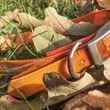

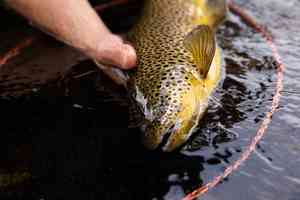

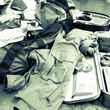


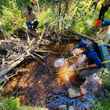
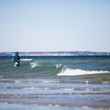
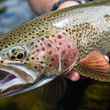




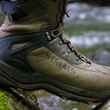



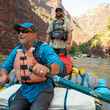
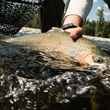
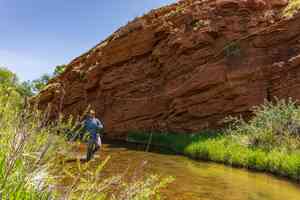

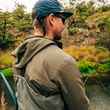
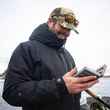
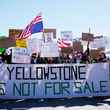
Comments